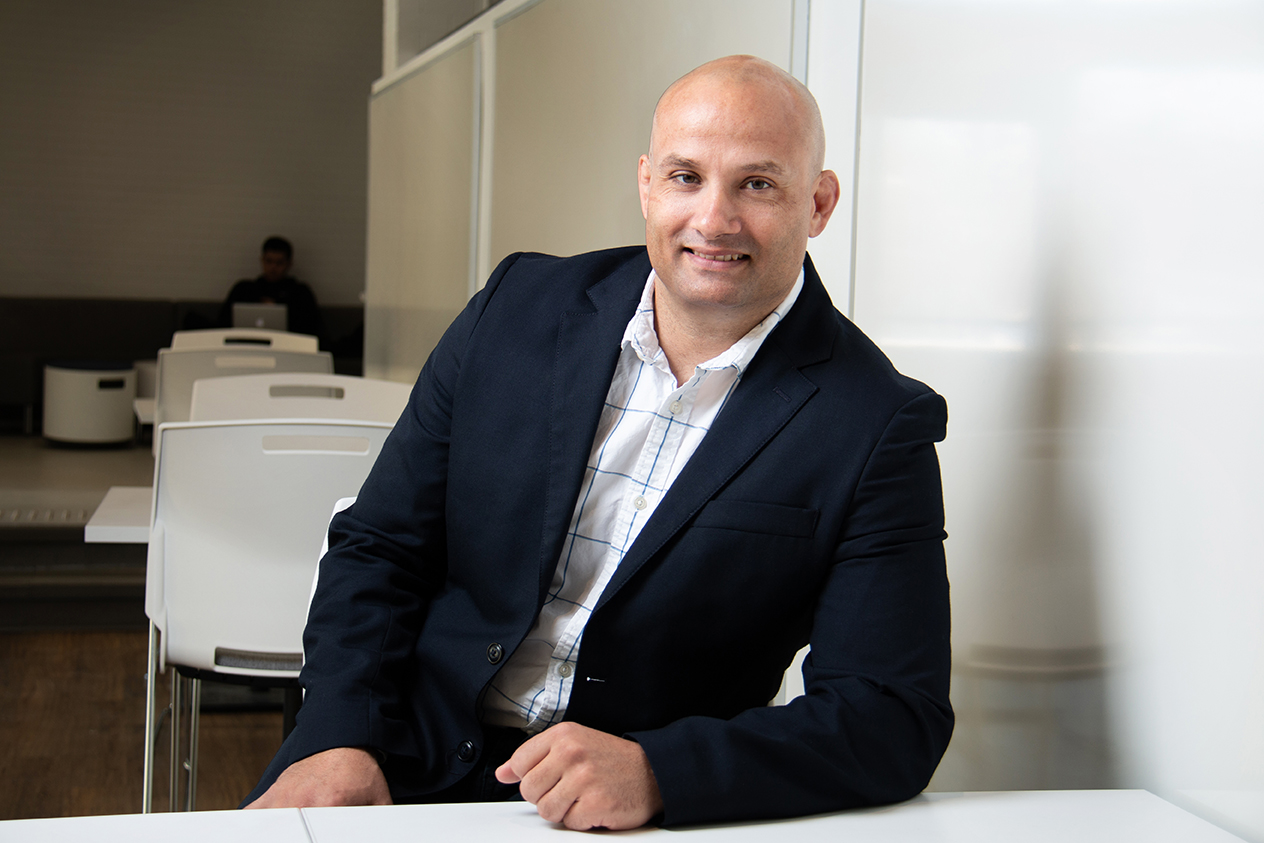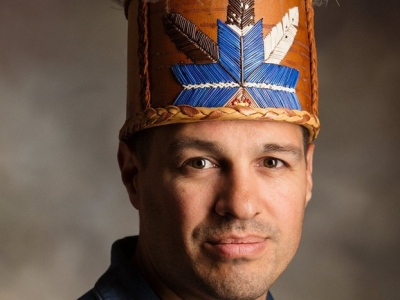By Karen Kelly
Photos by Bryan Gagnon
If there is a universal experience among parents of teenagers right now, it is the recognition that: one, teenagers are spending a lot of time online, and two: we don’t completely understand what they are doing on there.
Dale Spencer and his colleagues are hoping to shed some light on this mystery. He’s working with doctoral students Jean Ketterling and Daniella Bendo to conduct surveys, focus groups and interviews with 16 to 18-year-olds to understand their experiences with digital worlds.
“When we surveyed the literature about young people online, we found most of it was from a social problem perspective: about cyber risks or sexual expression online,” says Spencer, a professor in the Department of Law and Legal Studies. “I wanted to go in a different direction and find out why young people go online and how it augments and is integrated into their everyday lives.”
Spencer and his colleagues are just gathering the initial results now. So far, they’ve found 90% of their survey respondents visited Instagram daily and three-quarters chat with their friends online every day. Some young people also report having two Instagram accounts: one that is public-facing and the other just for their friends.
Despite concerns about online activity, Spencer believes there are some benefits.
“Two-thirds of respondents viewed it as having a positive effect on their friendships,” says Spencer. “Some online forums allowed them to form and develop friendships even if they’ve never met the person in real life.”
Another benefit from the study: texting and other messaging apps can make it easier for youth to discuss difficult topics such as mental health.

Spencer will present these ideas at the FPA Research Excellence Symposium on February 26. As the winner of the 2019 FPA Research Excellence Award, he is calling the event “Youth, Neotribes, and Digital Worlds” and he’s inviting youth to participate in the discussion.
“We’re hoping to have a youth-led event where they can give us feedback on the themes that have emerged from the focus groups. It will be an interesting way of validating what we’re saying.”
Spencer says his desire to represent the experiences of young people stems from previous research on online violence, as well as homeless youth. He is also motivated by his frustration at seeing young people so often maligned and misunderstood.
“Environmental activist Greta Thunberg is a perfect example. She is attacked not only for what she is saying, but for talking at all,” he argues. “We want to allow youth to be agents of their own future. Our work is to empower young people to speak on behalf of themselves and how they experience the world they inhabit.”
Thursday, January 30, 2020 in Featured, FPA Voices
Share: Twitter, Facebook



